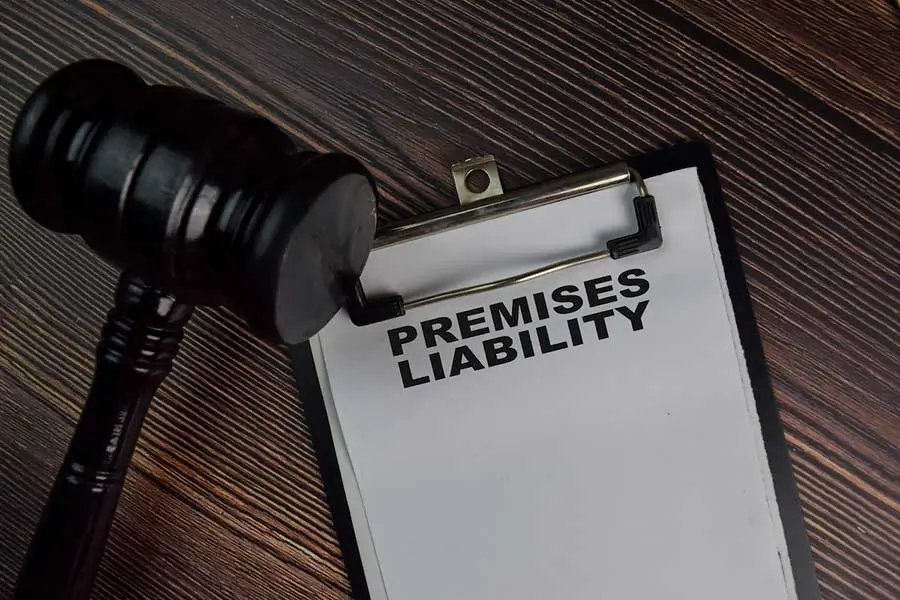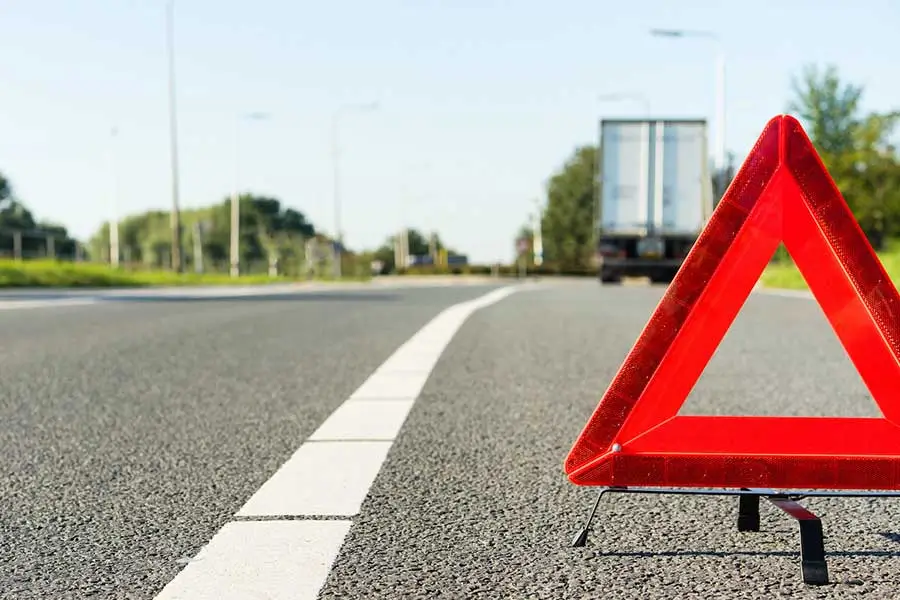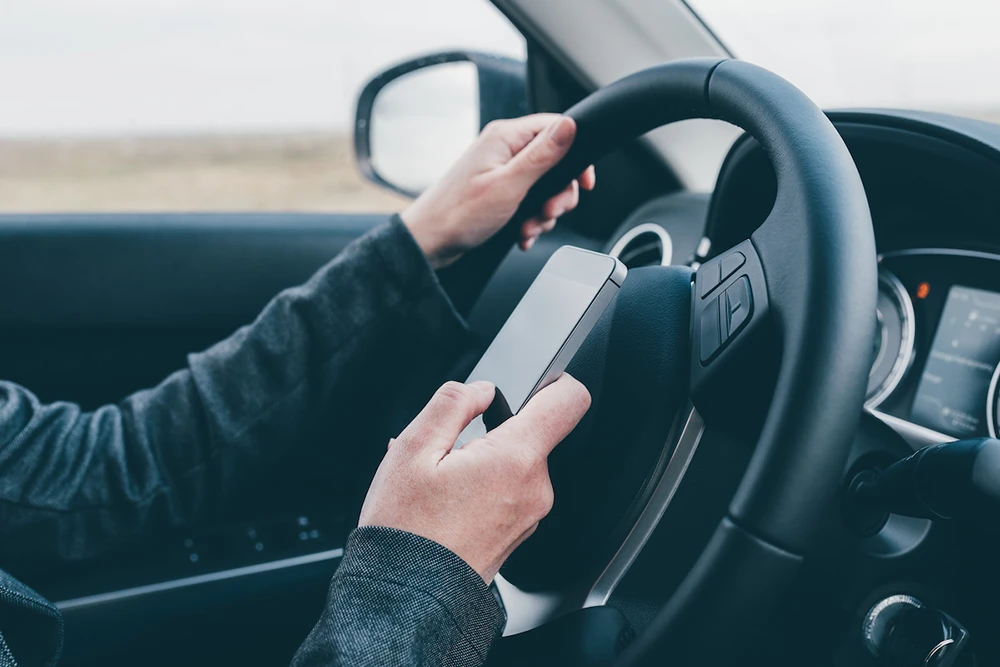
Injuries resulting from a property owner’s negligence fall under a field of law called Premises Liability. All states require property owners to make reasonable efforts to maintain a safe environment on their property, such as ensuring no electrical wires are near swimming pools and fences are not broken allowing dogs to run through them toward pedestrians. As such, when a property owner does not maintain a safe environment and a pedestrian or visitor is injured, the injured party can hold the property owner accountable for damages resulting from the personal injury. In this blog post, we will cover common types of premises liability cases, the responsibility of property owners, the different categories visitors will fall into, and exceptions afforded to children.
Common Types of Premises Liability Cases
Common cases brought under premises liability theories include:
- Animal and Dog Bites
- Slip and Falls
- Inadequate Maintenance
- Negligent or Inadequate Security
- Retail Store Liability
- Restaurant Liability
- Swimming Pool Injury
- Elevator or Escalator Injury
- Incomplete Snow and Ice Removal
There are many types of cases that can be brought under premises liability theory, but they are all common in that the injury was a result of a property owner’s negligence or neglect of maintenance.
Responsibility of Property Owner
Property owners, whether owners in the traditional sense or leasees, must make a reasonable effort to maintain a safe environment for visitors. As stated above, this is paramount to lessen the likelihood of action brought against a property owner in the event of a visitor’s injury. Leasees, though not property owners have primary control of their property even though they lease from a landlord, therefore, they are considered in charge of maintaining a safe environment. Included in this category are restaurants and stores in leased buildings, offices, and apartments. In these cases, where a leasee is named as Defendant, the landlord, in most cases, is not held liable as the property was outside of their primary control.
Categories of Visitors to Property
It is important to know what category of ‘Visitor’ an injured party falls into as different duties of care, in some states, must be afforded to different Visitors. An Invitee, as the name suggests, is invited on the property for a commercial or professional purpose, where there is an understanding that with the invitation, it is safe to be on the property within the scope of the invitation. A Social Guest or Licensee is an individual, also invited onto the property, without a mutually beneficial commercial or professional purpose. Lastly, uninvited visitors, also known as trespassers, are rarely able to sue for damages related to injuries incurred while trespassing. Even with few rights to sue for trespassers, there are two exceptions. First, for all trespassers, property owners cannot set up traps to harm potential trespassers. Intentionally trying to hurt trespassers, especially when the property is vacant, can result in lawsuits for battery and personal injury being brought against the property owner. The second exception is for children – in premises liability actions, types of property can be deemed attractive nuisances which are objects that are likely to attract children, such as swimming pools or playground equipment. Although the child would be trespassing if not invited on the property, if a child is harmed on an attractive nuisance that was not maintained by the property owner, the owner could be held liable.
How Injured Parties Can Recover Damages
Overall, there are many avenues for injured parties to recover damages from property owners if injured to neglect in maintaining a safe environment. There are times when our properties must come under maintenance, and it requires a specific warning to be given to visitors to ensure they do not get injured. When property owners do not maintain their property or do not give proper warning to visitors of the hazards, they should be held liable for injuries. With the caveats mentioned above, there is one final exception that is argued before the Court – foreseeability. For those injured by a property owner’s negligent maintenance of the property, to recover damages, they must show that there was a duty of care owed to them and that duty was breached. If an injured party is deemed an unforeseen party or the injury was unforeseen, it is unlikely the Court will allow the lawsuit. Examples of this are pedestrians injured by falling branches in a storm, unknown leaks causing electrical surges, or latent defects, which are concealed and dangerous conditions already existing when the tenant takes possession of a property.
Injured on someone else’s property? We can help.
If you or a loved one has been injured on another’s property due to their negligent maintenance of the property, please contact the Premises Liability attorneys at The Simon Law Firm, P.C. Our attorneys work diligently to fight for justice on behalf of injured parties. Specific to premises liability, our highly specialized attorneys successfully argued at trial and a jury awarded our clients $47 million for injuries and deaths resulting from a Boiler Explosion in the Soulard neighborhood of Saint Louis, Missouri. Our team is available for a free, confidential consultation when contacted via phone or online form.


